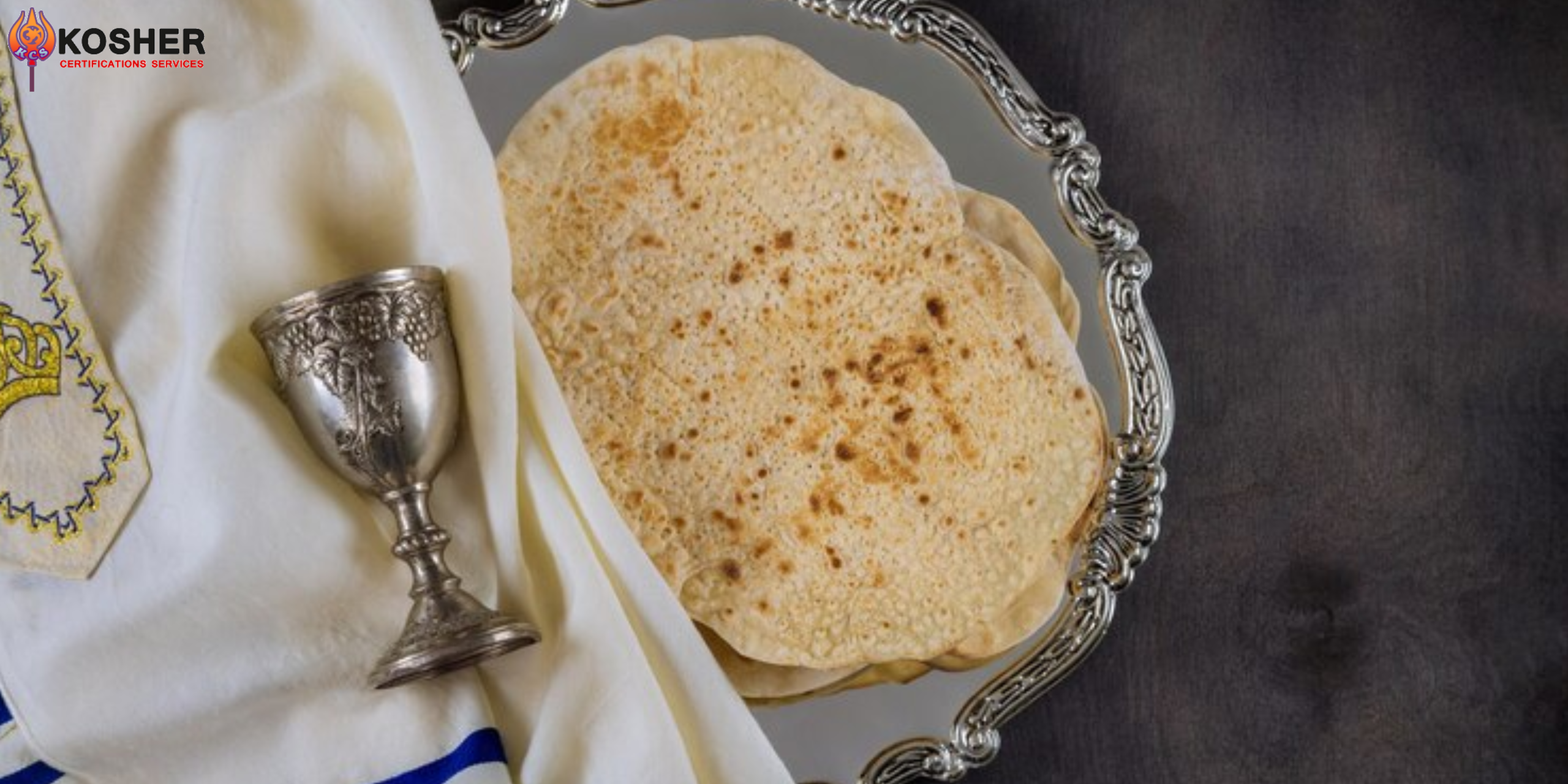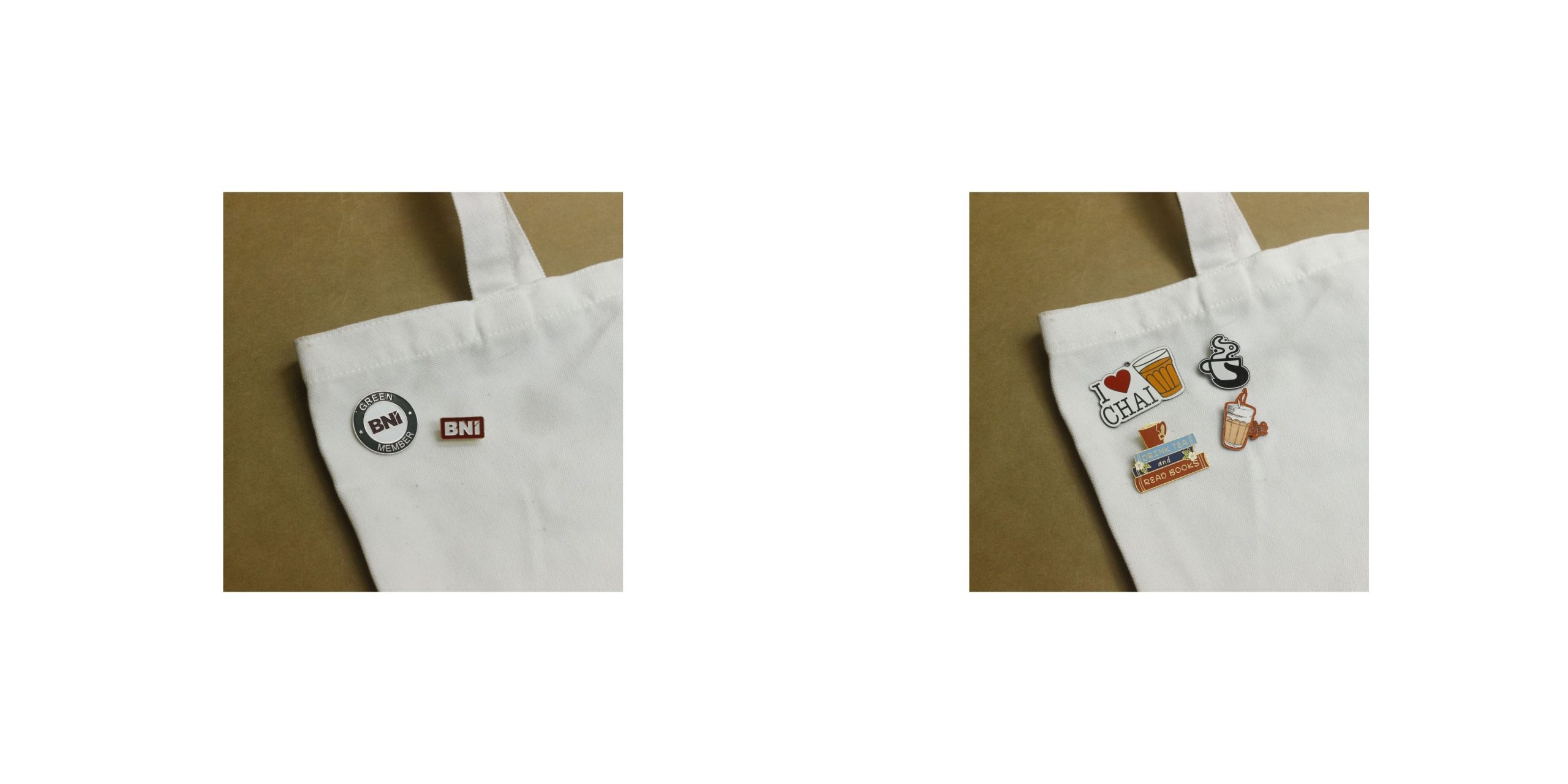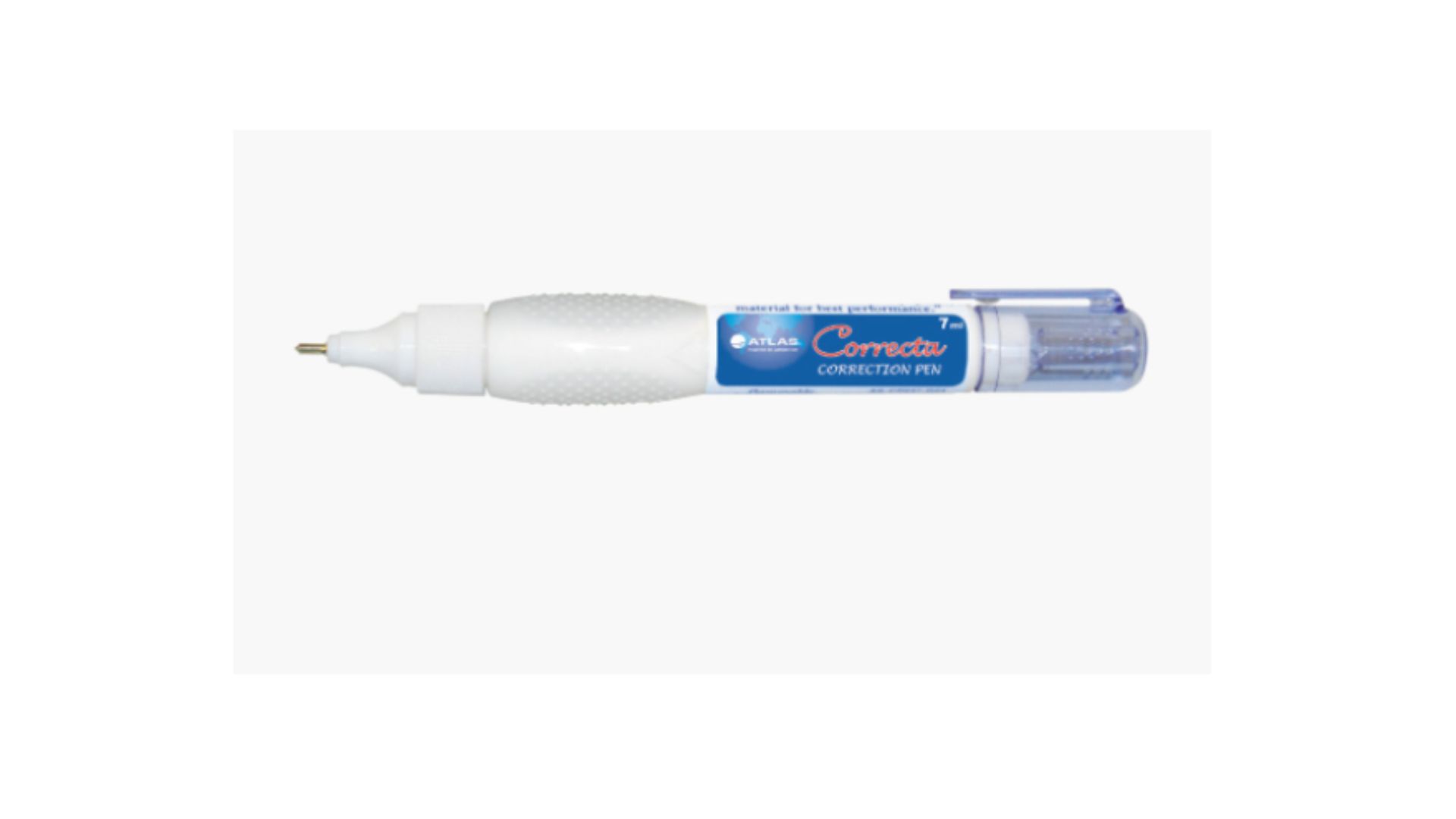Food safety, transparency, and consumer trust are more important than ever. In this context, the Kosher Certificate has gained global recognition—not just as a religious requirement, but as a trusted sign of cleanliness, quality, and ethical food production. Whether you’re a food manufacturer, restaurant owner, or exporter, understanding what this certification means could open new doors for your business.
Let’s explore what a Kosher Certificate is, how you can get one, and why it’s becoming increasingly relevant across industries.
What Does “Kosher Certificate” Mean?
“Kosher” is a Hebrew word meaning fit or proper. It refers to food that complies with Jewish dietary laws, known as Kashrut. These laws date back thousands of years and include specific rules about:
-
What foods can be eaten (e.g., certain animals like cows and chickens are allowed, while others like pigs and shellfish are not),
-
How food is prepared (including how animals are slaughtered),
-
How food is stored and served (especially when it involves meat and dairy).
To be certified Kosher, a product must meet all of these requirements, from the source of each ingredient to the cleanliness of the kitchen or factory.
What Is a Kosher Certificate?
A Kosher Certificate is an official document issued by a recognized Kosher certification agency. It confirms that a product, food establishment, or manufacturing process adheres to Jewish dietary laws.
This certificate allows businesses to use a Kosher symbol on their packaging—instantly identifying the product as Kosher-compliant. These symbols, such as OU, OK, KOF-K, or Star-K, are well-known and trusted by consumers worldwide.
Who Needs a Kosher Certificate?
While it may seem that Kosher certification is only important for Jewish communities, the reality is quite different. Businesses across a wide range of industries are now seeking Kosher certification, including:
-
Food and beverage companies,
-
Restaurants and cafes,
-
Catering services,
-
Ingredient suppliers,
-
Cosmetics and health product manufacturers.
Why? Because Kosher-certified products are trusted by a diverse customer base—not only Jews but also Muslims, vegetarians, vegans, and people with food sensitivities. For many, a Kosher label signals a higher standard of purity and safety.
Why Get Kosher Certified?
If you’re wondering whether Kosher Certificate is worth the effort, here are some clear reasons why businesses are choosing to invest in it:
1. Expand Your Market
With a Kosher Certificate, your products can reach millions of consumers who actively look for Kosher symbols. It also opens doors to exporting into countries with significant Jewish populations or strict import standards.
2. Build Consumer Trust
Kosher certification shows that your business is transparent and committed to high-quality, ethical production. It can set your brand apart in a competitive market.
3. Improve Your Operations
The process of certification often reveals opportunities to improve hygiene, traceability, and organization in your facility. These improvements benefit your entire operation—not just your Kosher products.
4. Meet Retail and Export Requirements
Many major retailers and distributors require Kosher certification before accepting products into their supply chains. Having the certificate can help you secure more contracts and international business deals.
How to Get a Kosher Certificate
While the process can vary slightly depending on the certifying agency, the general steps are the same:
Step 1: Contact a Certification Agency
Start by reaching out to a recognized Kosher agency such as OU, OK, or KOF-K. You’ll fill out an application describing your products, ingredients, and production process.
Step 2: Facility Inspection
An expert known as a Mashgiach will inspect your facility to ensure it meets Kosher standards. They’ll look at your equipment, ingredients, storage areas, and more.
Step 3: Make Necessary Changes
If anything in your process doesn’t align with Kosher requirements, the agency will advise you on what to adjust—such as ingredient substitutions or equipment cleaning procedures.
Step 4: Certification Approval
Once everything is in order, you’ll receive your Kosher Certificate, and you can begin labeling your products with the appropriate Kosher symbol.
Step 5: Ongoing Compliance
Certification isn’t a one-time process. Agencies conduct regular checks to make sure you continue to meet Kosher standards.
Recognizing Kosher Symbols
You’ve probably seen Kosher symbols on grocery store products without even realizing it. Here are a few common ones:
-
OU (Orthodox Union)
-
OK
-
KOF-K
-
Star-K
Each of these marks indicates that a product is certified by a specific agency and meets rigorous Kosher standards.
Final Thoughts
A Kosher Certificate isn’t just about religion—it’s about responsibility, quality, and global business potential. By becoming Kosher certified, your business gains access to broader markets, earns consumer trust, and strengthens its commitment to excellence.
If you’re ready to take your brand to the next level, Kosher certification could be the opportunity you’ve been looking for.









